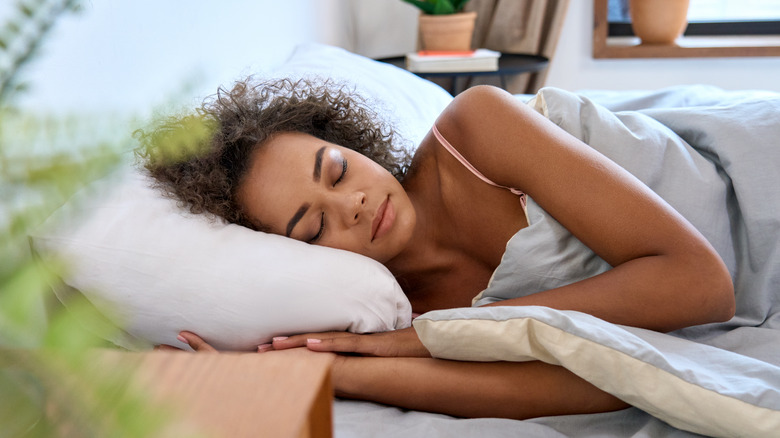What Is Sleep Hygiene And How Is Yours?
Having a good sleep is important in having good health, both physical and mental. Poor sleep makes your body vulnerable to diseases, conditions, and disorders, ranging from heart disease and stroke to obesity and dementia. The National Library of Medicine reports that the quality of your sleep can greatly impact the quality of your life.
One important step to having a good night's sleep is to pay attention to your sleep hygiene. Making a small adjustment to your lifestyle and attitude can drastically improve your sleep hygiene. There are also several natural hacks to improve the quality of your sleep.
Sleep hygiene refers to all the controllable variables that can help you get good, consistent, and uninterrupted sleep. They include your sleep habits, environment, and behaviors, including much of your pre-bedtime routine. How much you eat and how soon you eat before you go to bed, are crucial, as is pretty much every activity you've done all through the day until the hours before your bedtime.
How to know if you have healthy sleep hygiene
The repetition of simple habits can either make your sleep hygiene better or worse. If you're having a hard time falling asleep at night, chances are that you have poor sleep hygiene. Signs that you have poor sleep hygiene can include difficulty falling asleep immediately, sleep disturbances, and the inability to stay awake and alert during the daytime. Other possible signs include lack of sleep quality, moodiness, and decreased libido.
Poor sleep hygiene can greatly interfere with your daily routine. Studies show that there is a strong connection between getting good sleep and the development of serious diseases such as hypertension, Type 2 diabetes, cardiovascular disease, and neurodegenerative disorders like dementia. Making changes to achieve good sleep hygiene can result in getting excellent sleep, eventually leading to better health.
Simple tips to improve your sleep hygiene
Dr. Michael Breus, a clinical psychologist and sleep medicine expert, wrote on The Sleep Doctor that following a consistent sleep and wake-up schedule will improve your sleep hygiene. Another helpful tip to obtain good sleep hygiene is to avoid taking a nap after 3 p.m., since it can be detrimental to your sleep at night. It is also important, he said, to engage in physical activity during the day and avoid products containing nicotine such as cigarettes and tobacco.
Breus further recommends abstaining from caffeine six hours before your bedtime, as this can heavily affect your sleep. Contrary to popular belief, Breus said, alcohol isn't helpful in having a good night's sleep, either rather, it can interfere with your sleep cycle. Eating too much at dinner time will not favor your sleep hygiene, either, so it's best to opt for light meals, Breus said. And lastly, rather than spending too much time on your phones or TV before bedtime, you might want to consider reading, listening to music or even doing some light yoga to relax. These simple nighttime changes can help you sleep soundly.


